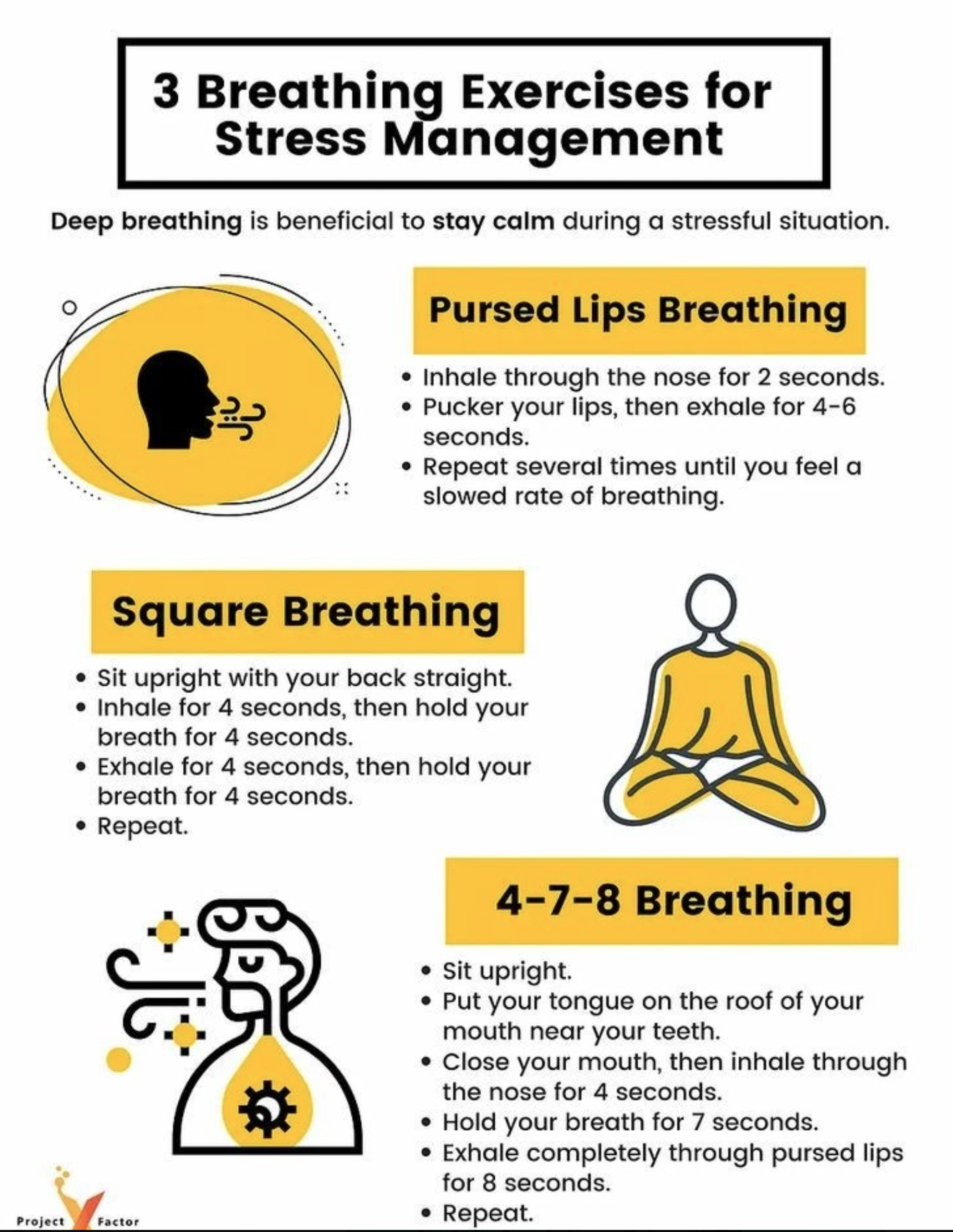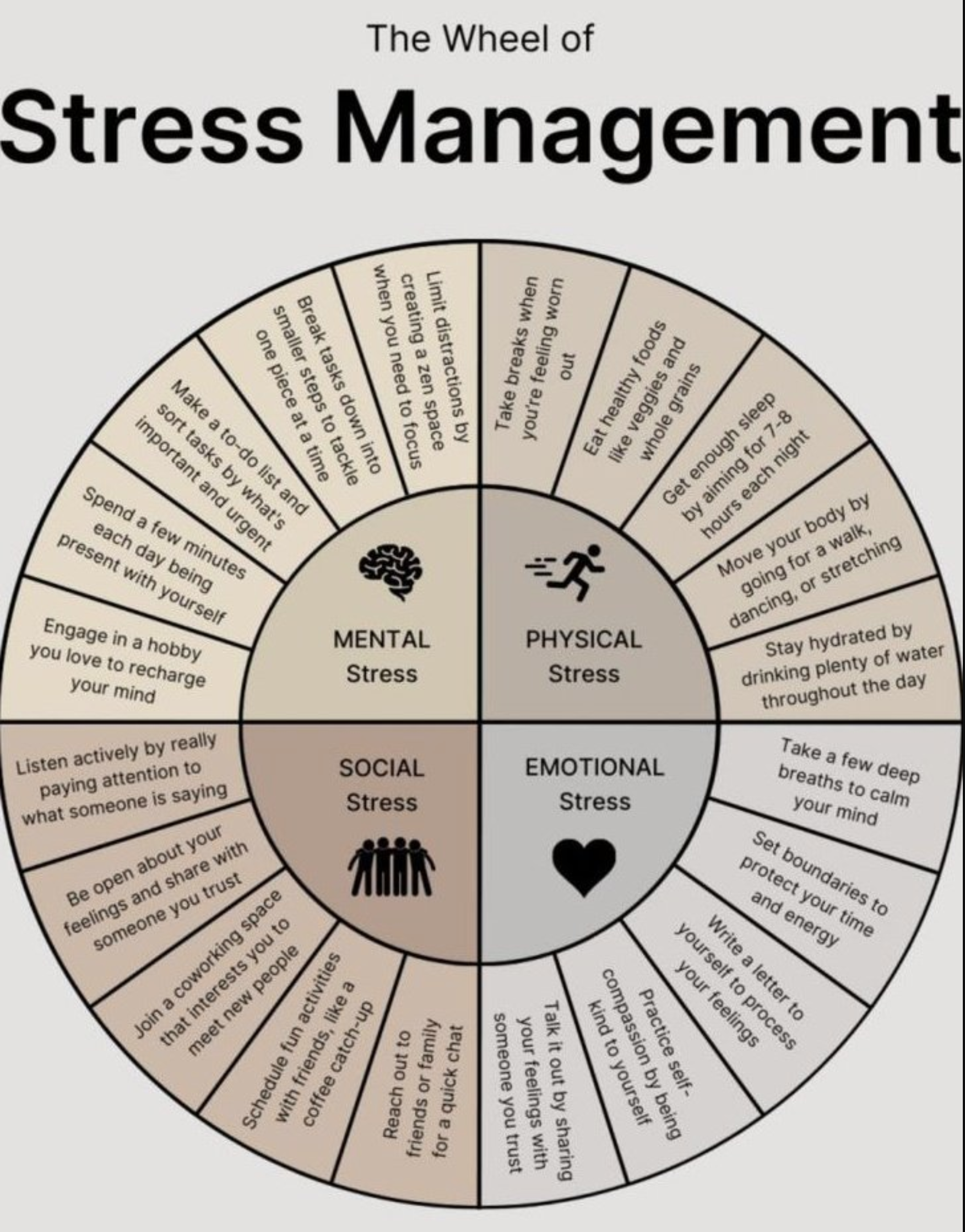· Stress Management · 3 min read
Embracing Stress: How a New Perspective Can Transform Health and Resilience
Health psychologist Kelly McGonigal redefines stress, showing how viewing it as energizing boosts performance and heart health. Stress-induced oxytocin fosters connection and resilience, enabling us to manage stress and pursue meaningful lives.

TED Talk: https://youtu.be/RcGyVTAoXEU #Stress #Resilience
Summary
- Shift in Perspective on Stress: Health psychologist Kelly McGonigal rethinks stress, moving from viewing it as harmful to recognizing its potential benefits, based on new research.
- Key Study Findings: A study of 30,000 U.S. adults over eight years showed that high stress increased death risk by 43% only in those who believed stress was harmful; those who didn’t had the lowest death risk, even compared to low-stress individuals.
- Impact of Belief: The belief that stress is bad was linked to 182,000 premature deaths over eight years, making it a significant cause of mortality, surpassing skin cancer, HIV/AIDS, and homicide.
- Reframing Stress Response: A Harvard study taught participants to view stress responses (e.g., racing heart) as energizing, leading to better performance, reduced anxiety, and healthier cardiovascular responses during stress.
- Oxytocin’s Role: Stress triggers oxytocin, a hormone that promotes social bonding, empathy, and cardiovascular health, encouraging people to seek support and protect the heart from stress damage.
- Social Connection and Resilience: A study of 1,000 adults found that those who helped others under stress had no increased mortality risk, showing that caring fosters resilience.
- New Goal: McGonigal aims to help people manage stress by seeing it as a source of energy and connection, not an enemy, to improve health and coping.
- Practical Advice: Pursue meaningful paths, even if stressful, and trust in one’s ability to handle the stress, as chasing meaning is better for health than avoiding discomfort.
Article
In this TED Talk, health psychologist Kelly McGonigal discusses a transformative shift in her perspective on stress, based on research that challenges the conventional view of stress as inherently harmful. Initially, McGonigal taught that stress increases health risks, from colds to heart disease, but a study tracking 30,000 U.S. adults over eight years changed her outlook. The study found that people who experienced high stress had a 43% increased risk of dying only if they believed stress was harmful. Those who viewed stress as not harmful had the lowest death risk, even lower than those with little stress. This led to an estimated 182,000 premature deaths over eight years due to the belief that stress is bad, making it a major cause of death.
McGonigal explains that reframing stress as a helpful response can improve health outcomes. A Harvard study showed that participants taught to see stress responses (like a racing heart) as energizing performed better and had healthier cardiovascular responses during a stressful task. This shift in perspective can reduce the negative effects of chronic stress, potentially preventing serious health issues like heart attacks.
She also highlights the role of oxytocin, a stress hormone that promotes social bonding, empathy, and cardiovascular health. Oxytocin, released during stress, encourages seeking support and strengthens the heart, with its benefits amplified by social connections. Another study of 1,000 adults showed that those who helped others under stress had no increased mortality risk, demonstrating that caring fosters resilience.
McGonigal’s new goal is to help people manage stress better by viewing it as a source of energy and connection, not an enemy. She emphasizes that embracing stress as a tool for courage and community can transform its impact, allowing individuals to trust themselves to face challenges and seek support. In response to a question, she advises pursuing meaningful paths, even if stressful, and trusting one’s ability to handle the stress that follows.



